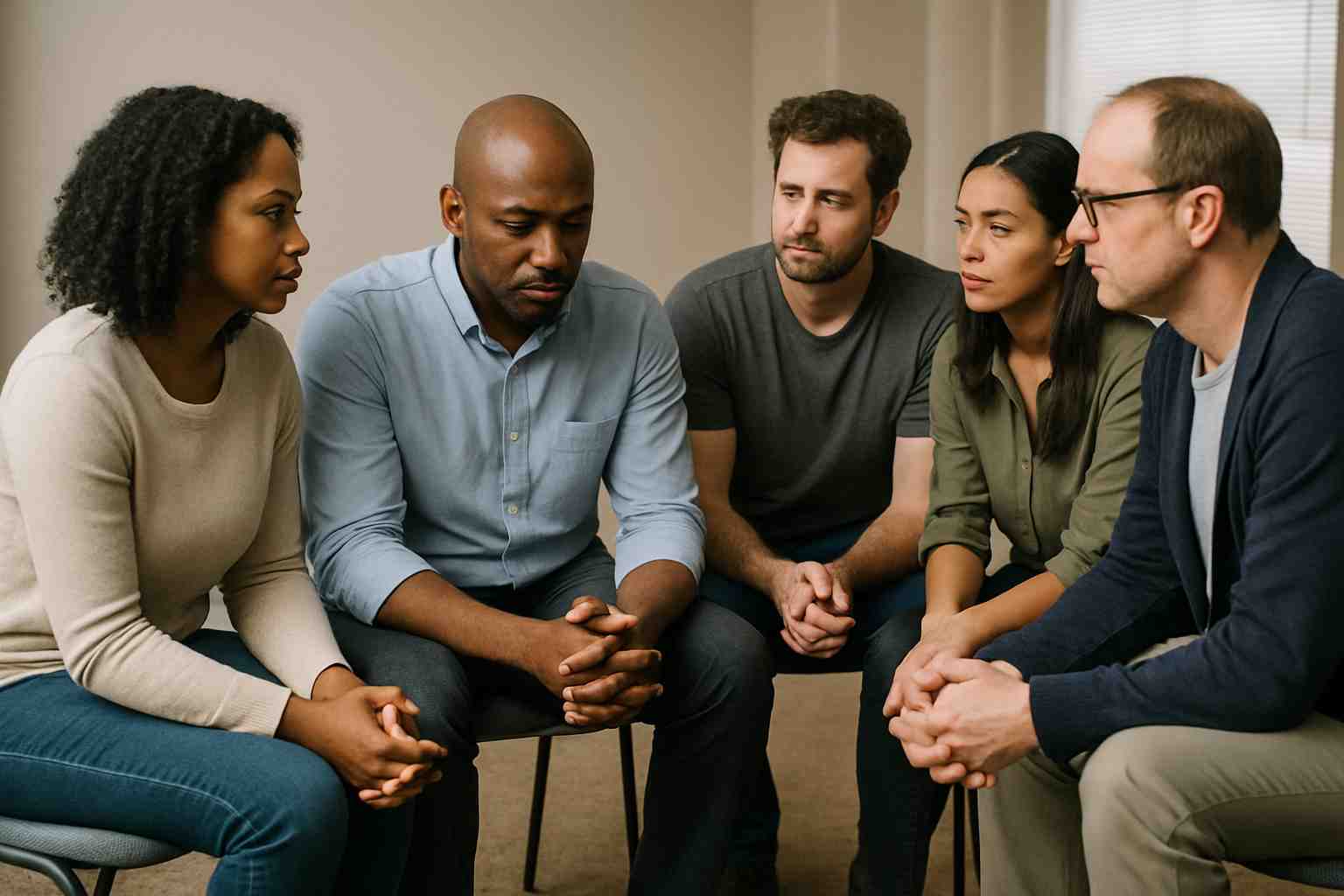Living with HIV or AIDS can feel overwhelming, especially after diagnosis. Feelings of fear, isolation, and uncertainty are common. But there’s good news—nobody has to face it alone. AIDS support groups offer safe spaces where people can share experiences, build community, and access vital resources. These groups help individuals find hope and strength while managing the challenges of HIV/AIDS. Let’s explore why support groups matter, what they offer, and how to find the right one for you.
Table of Contents
- Why AIDS Support Groups Matter
- Types of Support Groups Available
- Benefits of Joining a Support Group
- How to Find the Right Group
- Tips for Making the Most of Your Experience
Why AIDS Support Groups Matter
AIDS support groups bring people together to navigate life with HIV or AIDS. While medical treatment is essential for managing the virus, emotional well-being is just as important. Many people find that sharing their struggles with others who truly understand helps reduce feelings of isolation and stigma. According to the CDC, social support plays a vital role in improving health outcomes for those living with HIV.
Types of Support Groups Available
Support groups vary widely to meet different needs. Some of the most common include:
- Peer-Led Groups: Facilitated by individuals living with HIV/AIDS who share their personal experiences and coping strategies.
- Professionally Facilitated Groups: Led by therapists, counselors, or healthcare professionals trained in HIV care and mental health.
- Online Support Communities: Virtual groups on forums, apps, or social media platforms, ideal for those who prefer anonymity or live in remote areas.
- Specialized Groups: Tailored for specific communities such as LGBTQ+ individuals, women, youth, or people of color living with HIV/AIDS.
Benefits of Joining a Support Group
Joining AIDS support groups can positively impact both mental and physical health. Common benefits include:
- Emotional support: A safe place to share feelings, fears, and victories without judgment.
- Practical resources: Guidance on healthcare access, medication management, and financial aid.
- Reduced stigma: Connecting with others helps combat misconceptions and empowers individuals to embrace their diagnosis.
- Improved adherence: Research shows people in support groups are more likely to stay consistent with treatment.
- Hope and resilience: Hearing stories of others thriving with HIV/AIDS inspires confidence for the future.
How to Find the Right Group
Finding a group that meets your needs may take some exploration. Here are some ways to get started:
- Ask your healthcare provider or local HIV clinic for referrals.
- Contact community-based organizations or AIDS service centers in your area.
- Explore online communities for HIV/AIDS support, such as forums and advocacy groups.
- Visit Healthcare.pro for resources and connections to local services.
It’s important to choose a group that feels comfortable and supportive. Some people prefer in-person meetings, while others thrive in online spaces.
Tips for Making the Most of Your Experience
To get the most out of an AIDS support group, consider the following:
- Be open and honest, but share only what you’re comfortable with.
- Listen actively and respect others’ stories.
- Attend regularly to build meaningful connections.
- Don’t be afraid to try more than one group until you find the right fit.
Conclusion
AIDS support groups are more than just meetings—they’re lifelines of connection, understanding, and hope. By joining one, people living with HIV/AIDS can find strength in shared experiences, access valuable resources, and feel empowered to live fully. Support is out there, and it can make all the difference.
FAQs
What is an AIDS support group?
It’s a group where people living with HIV/AIDS meet to share experiences, receive emotional support, and access resources.
Are AIDS support groups confidential?
Yes, most groups follow confidentiality guidelines to ensure members feel safe to share openly.
Do I need to pay to join a support group?
Many groups are free, while some professionally facilitated ones may charge a small fee or be covered by insurance.
Can family members attend support groups?
Some groups welcome family members, while others focus solely on people living with HIV/AIDS. Ask in advance before attending.
How do I find a group near me?
Talk to your doctor, local clinics, or visit eHealthcare Solutions for connections to HIV-related services.
This content is not medical advice. For any health issues, always consult a healthcare professional. In an emergency, call 911 or your local emergency services.




